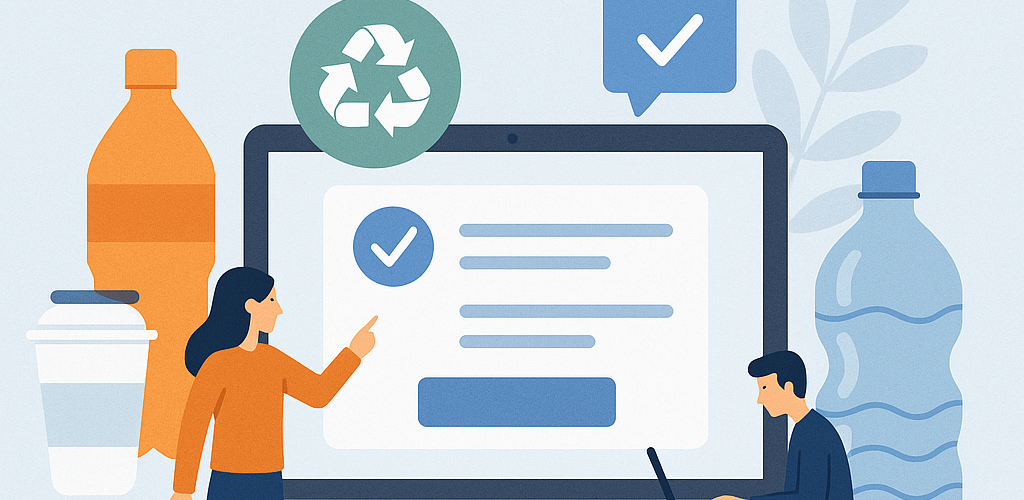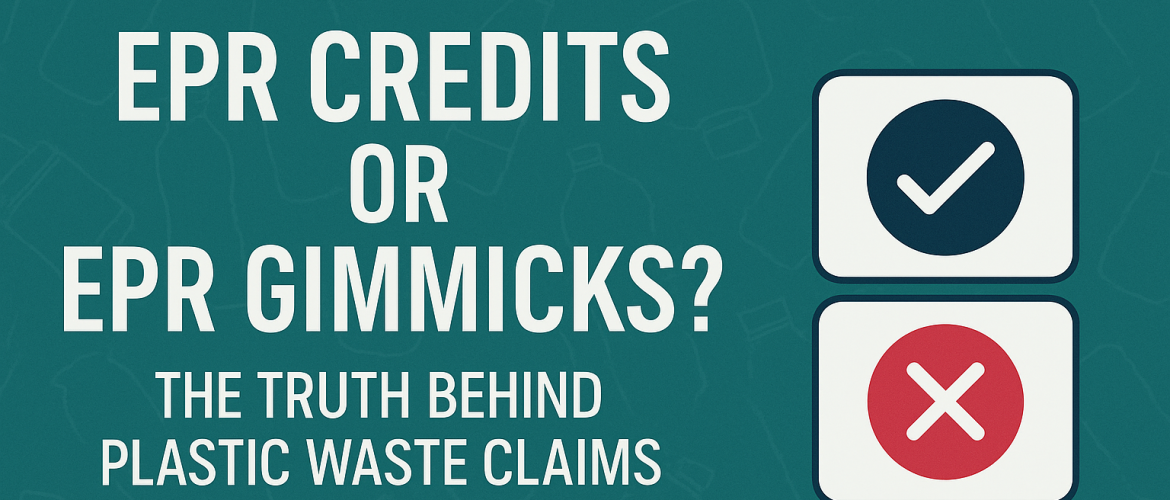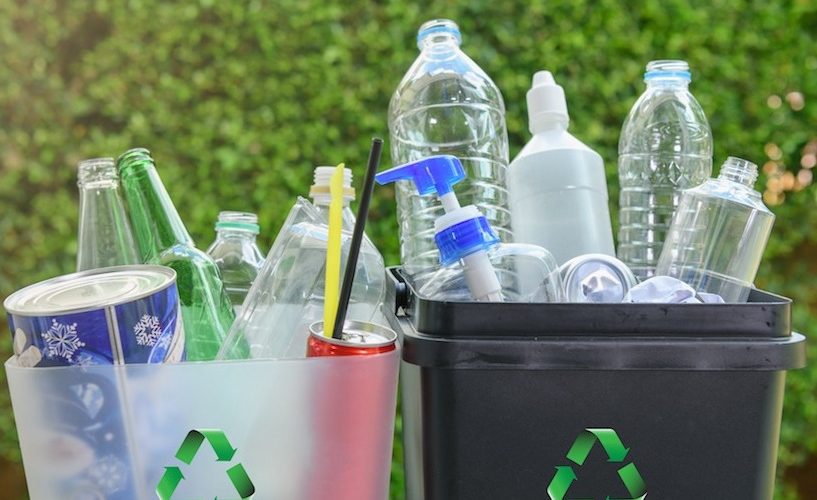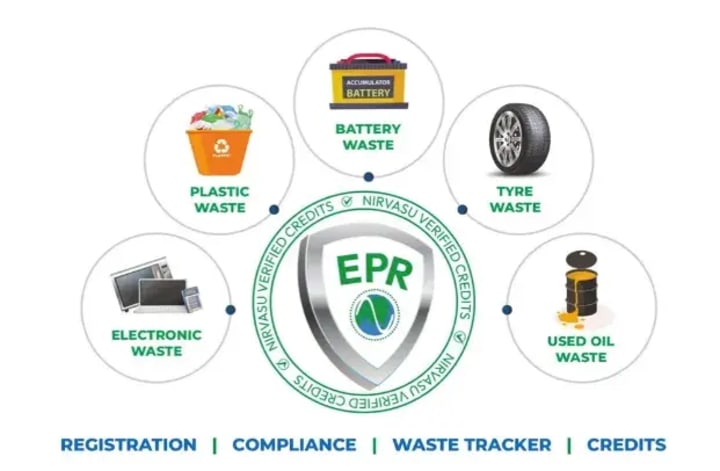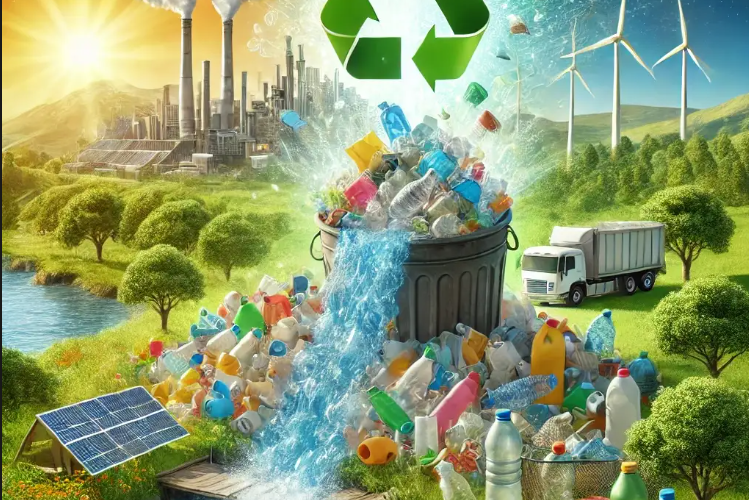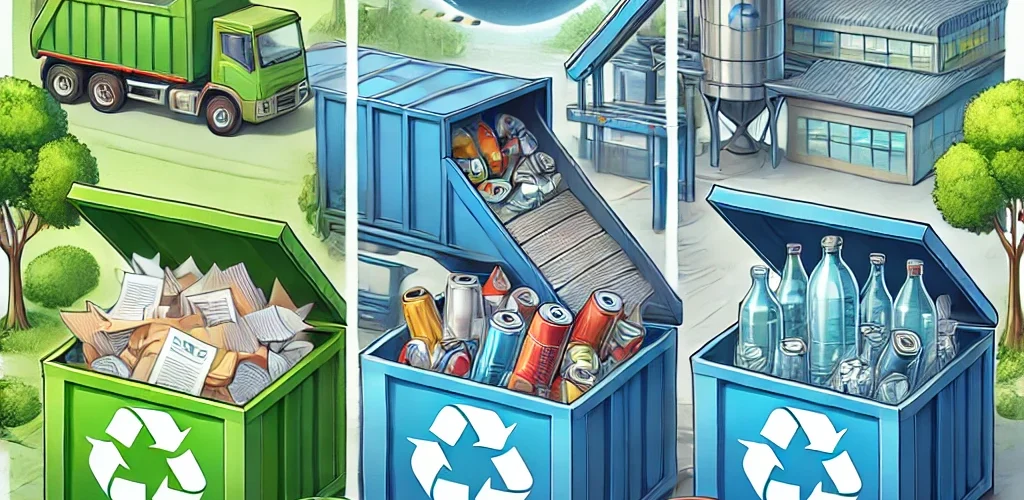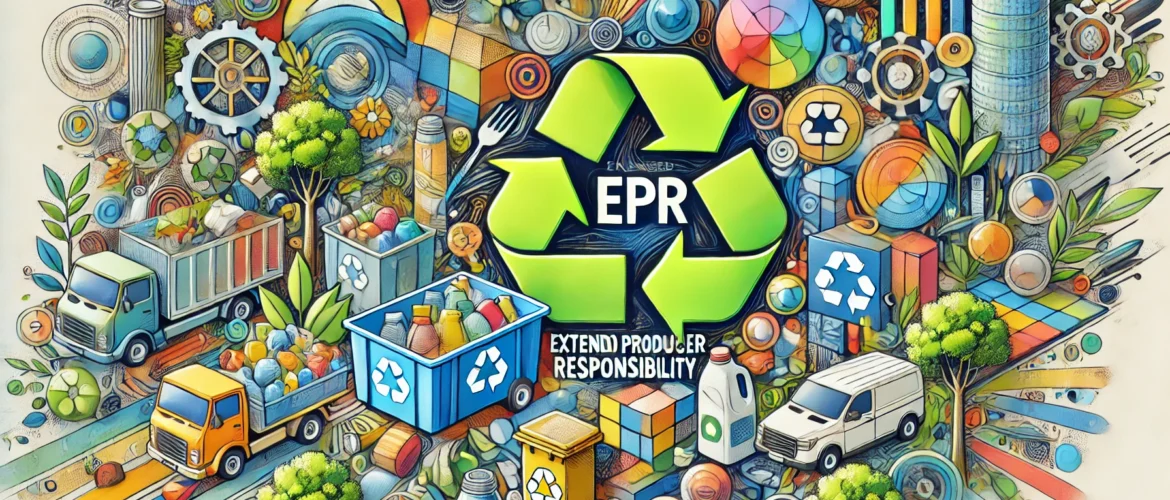Stay Compliant in 2025: What’s New on CPCB’s EPR Plastic Packaging Portal Quick Refresher: Why the Portal Matters India’s Extended Producer Responsibility (EPR) regime for plastic packaging—anchored in the Plastic Waste Management (PWM) Rules 2016 and overhauled by the 2022 amendment—requires every entity that puts plastic on the market to register on the Central Pollution Control Board’s (CPCB) online portal. Without an active EPR certificate, companies cannot legally manufacture, import, sell, or distribute plastic‑ packaged goods in India. The Classic PIBO
Introduction Today, sustainability is no longer just a trend—it’s a necessity. Among the tools promoting environmental responsibility, Extended Producer Responsibility (EPR) stands out, especially regarding plastic waste management. However, as EPR gains traction in corporate sustainability reporting, concerns are emerging. Are these EPR credits truly driving environmental change, or are they merely helping brands greenwash their image? In this blog, we dive deep into how EPR works, the rise of credit-based compliance, and why skepticism around plastic waste claims is growing. What is EPR
Plastic Waste Management in Business: Responsibility, Regulation, and Opportunity In today’s sustainability-conscious world, plastic waste management (PWM) has evolved from a compliance checkbox to a core business strategy. For companies across industries, managing plastic responsibly is not just about protecting the environment—it’s about protecting brand reputation, reducing costs, and staying competitive in a market that increasingly values environmental ethics. Plastic: A Business Convenience or a Long-Term Cost? Plastics have long been favored by industries for
Waste Management: EPR’s Evolution In the face of growing plastic waste and environmental degradation, Extended Producer Responsibility (EPR) has emerged as a revolutionary approach to waste management. EPR shifts the responsibility for managing the environmental impact of products, including their post-consumer stage, from governments to producers. This concept has not only reshaped waste management practices globally but also aligned industries with the principles of the circular economy. What is EPR? EPR stands for Extended Producer
The Need for EPR in Addressing the Plastic Waste Crisis EPR: The plastic waste crisis is one of the most urgent environmental challenges of our time. Every year, the world produces over 300 million tons of plastic, much of which ends up polluting our oceans, landfills, and natural habitats. The long lifespan of plastic means that much of this waste remains in the environment for hundreds of years, causing irreparable damage to ecosystems and wildlife.
The Central Government, under the powers conferred by sections 3, 6, and 25 of the Environment (Protection) Act, 1986, has proposed new draft rules aimed at enhancing Extended Producer Responsibility (EPR) for glass, paper, and metal packaging, as well as sanitary products. These rules, titled the Environment Protection (Extended Producer Responsibility for Packaging made from Paper, Glass, Metal, and Sanitary Products) Rules, 2024, are set to come into effect on April 1, 2026. The
How EPR could revolutionize the fight against plastic waste: What You Need to Know! Plastic waste is choking our planet, polluting oceans, littering landscapes, and harming wildlife. As the crisis deepens, nations and industries worldwide are searching for innovative solutions to reduce the environmental impact of plastic. One strategy gaining traction is Extended Producer Responsibility (EPR). Could EPR be the key to revolutionizing the fight against plastic waste? Let’s dive into what EPR is, why it matters, and how it’s already making
Introduction: Individuals and companies are looking for environmentally friendly options in every part of their lives in the modern world when environmental issues are at the forefront. The introduction of freezers with Extended Producer Responsibility (EPR) is one such remedy. These cutting-edge appliances offer effective cooling and promote a cleaner future by reducing their negative environmental effects. The benefits, features, and reasons why EPR refrigerators are the best option for people and businesses that care about the environment


